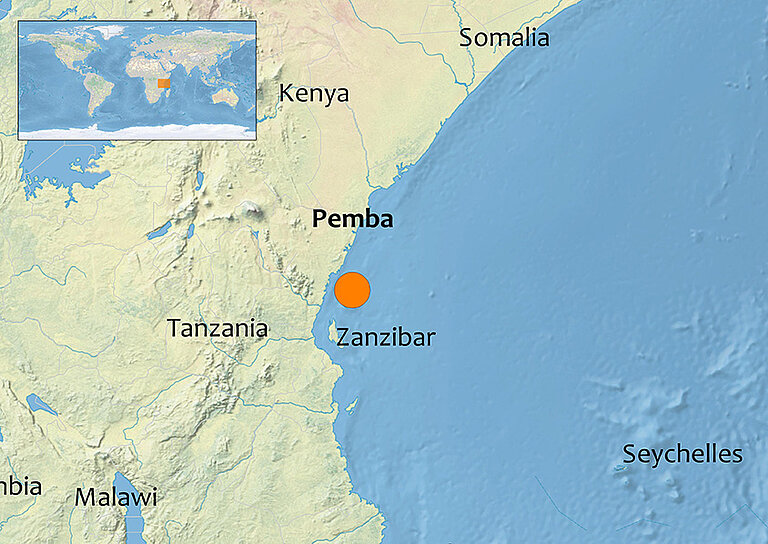Pemba (Zanzibar, Tanzania)
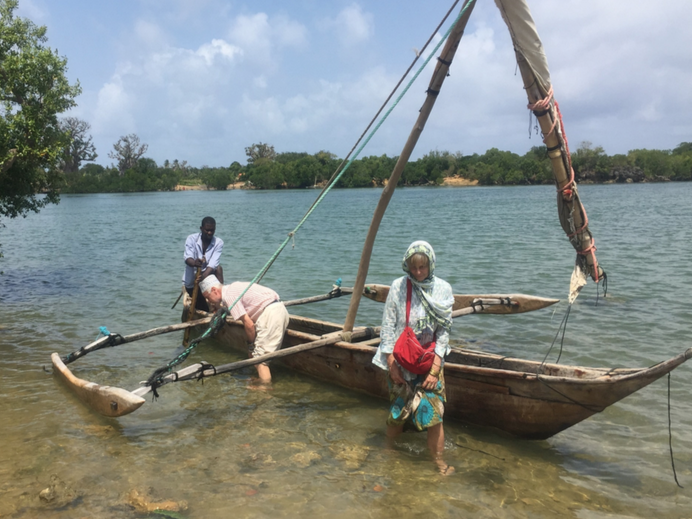
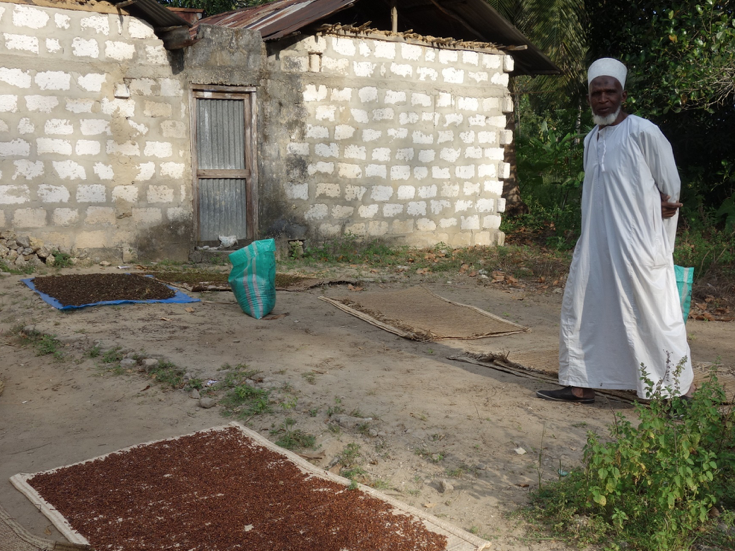
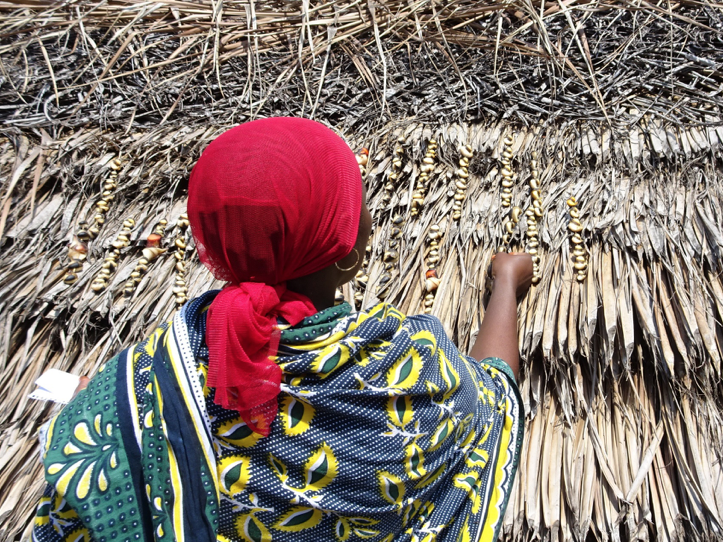
all pictures: © Monique Borgerhoff Mulder
Description
Principal investigators: Jeff Andrews, Monique Borgerhoff Mulder, Tim Caro
Previous and/or associated researchers: Amy Collins, Helle Goldman, Ossi Nokelainen, Emmanuel Maliti, Matt Clark, Ilaria Pretelli, Rahel Sollman, Tamara Darbar, Victoria Watson-Zink
Institutional Collaborators in Zanzibar: Forestry Department, Community Forests Pemba, Mwambao, Ngezi-Vumawimbi Heritage Organization
Long term research since: 2015
Site Details
Pemba (1,014 km2) is one of the two main islands of the Zanzibar archipelago and lies 50 km off the coast of Tanzania. Inhabited for over 20,000 years, its fertility allowed it to play a central role in the development of the Swahili culture of the East African coast for well over a millennium. Pemba became part of the Omani Sultanate and (starting in the early 1800s) pivotal to global clove production. Clove production has shaped much of the island‘s ecology and society and persisted throughout the British colonial period. Since the Revolution (1964), and particularly the crash in global clove prices, the island has reverted to being an agricultural hinterland. Principal livelihood occupations entail agroforestry (covering 44.1% of the island), with the production of rice, cassava, peanuts, coconuts, pineapples, mangos and many other species. Fishing (pelagic, reef and inshore) is also central to livelihoods, as well as some livestock raising, seaweed cultivation, and small-scale marketing. Pembans‘ historical dependency on cloves created a cosmopolitan society with considerable ethnic diversity, politically dominated by Omanis. The islanders fall under the Revolutionary Government of Zanzibar, a semi-autonomous territory within the United Republic of Tanzania, and Islam is the predominant faith.
Research
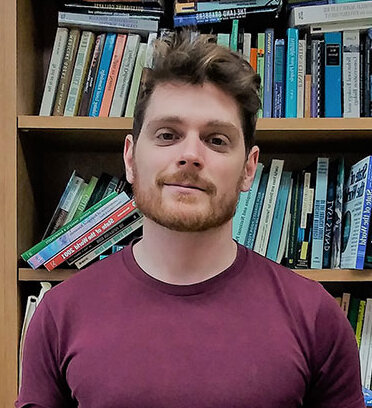
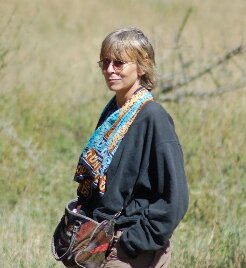

As academic researchers, we have a long term presence on Pemba working under the Department of Forestry.
Broadly, we examine the interplay between human economic and cultural systems and ecological processes. Pemba serves as a microcosm of a densely populated, resource-dependent world experiencing rapid ecological, economic, and cultural change. Its relatively small, closed system makes it an ideal study population. Our research spans three main themes:
- The evolution of Institutions
- The interrelationship of ecology and economics
- Tropical coastal ecosystems
1. First, we focus on the evolution of institutions. How do community-based institutions for managing natural resources emerge, sustain themselves and change over time? By studying natural experiments caused by a REDD+ (reducing emissions from deforestation and forest degradation in developing countries) (Andrews and Borgerhoff Mulder 2018, Andrews et al. 2020), we have developed a set of formal analytic and agent-based models to study how collective property rights emerge over natural resources (Andrews et al. 2024, Andrews et al. 2025), and how such institutions can have cascading effects across the landscape. Our results show that borders, a necessary but insufficient precondition of sustainable management institutions, and that their spread across groups is dependent on learning from ‘out-group’ members. We complement our theoretical work with empirical analysis: for example, we demonstrate how institutional legacies (in Pemba a payment for ecosystem services project) can persist long after the formal institutions have collapsed (Andrews and Borgerhoff Mulder 2024), how institutions continue to spread in the absence of REDD+ carbon payments (Borgerhoff Mulder et al. 2021), and how without enforced collective property rights intergroup conflicts over harvests rapidly erode sustainable regulatory frameworks (Clark et al. 2024a). Our current work explores how multiple communities can aggregate to manage a single natural resource, as evidenced by our tracking of polycentric governance (governance with many cooperating/competing villages with their own governance structures) around the island’s largest and last stand of old-growth tropical coast forest. Additionally, we are developing and deploying randomized controlled trials (RCTs) to explore how leveraging microfinance can better promote community-based institutions. This work has been assisted greatly by the work of Jaffar Jaffar, Assa Sherif Ngwali.
2. Second, and in parallel, our research examines the interrelationship of ecology, economics and social relationships. In one study, our research team visits the same households once every two weeks for a 3-year period, to construct a unique database that explores how communities adjust their economic strategies in response to shifting climates, seasonal variation, deteriorating ecosystems and increased market integration. All of this work is grounded in a quantitative ethnography of natural resource dependency across the island (Andrews and Borgerhoff Mulder 2022). In a separate single village study, we examine the relationship between economic inequality based on clove production and social networks using longitudinal data (Redhead et al. 2023). In other research we have examined these interrelationships in mangroves (Clark et al. 2024d), agriculture (Clark et al. 2024a), and children’s foraging (Pretelli et al. 2022, Pretelli et al. 2023), with a more recent focus on how shifting economic conditions lead to changes in illegal resource extraction (Andrews et al. 2025). In ongoing collaborative work with Community Forests Pemba we explore the nexus between ecosystems and the economy by extending our high-resolution data collection to deepen our understanding of how cloves—the island’s largest cash crop—can be cultivated to optimize both biodiversity and economic productivity.
3. We work with the Department of Forestry on Zanzibar especially Rashid Suleiman Rashid, Haji Hamad, and Bibi Miza Khamis to understand tropical coastal ecosystems focusing on the population ecology of flagship species on Pemba and Unguja. So far, we have worked with coconut crabs, an IUCN listed vulnerable species (see below), and the Pemba flying fox, an endemic threatened fruit bat species (see below).
During an 8 year long population monitoring of coconut crabs (Birgus latro) across the island we have shown that Pemba has a viable population of approximately 6700 coconut crab adults (Caro et al 2023) but split into numerous subpopulations few of which are protected (Caro etr al 2020; Caro et al. 2024). This work has contributed to the upgrading of the conservation status of Birgus latro by IUCN (Cumberlidge et al. 2022). More basic research is investigating the striking colour polymorphism (3 red:1 blue) in this species (Nokelainen et al. 2018). Work on Unguja indicates remnant crab populations persist on about two thirds of small outlying islands (Hamad et al. 2023).
See: https://www.youtube.com/watch?v=RNEpqE4w2P4
The Pemba flying fox (Pteropus voeltzkowi) is an interesting species from a conservation perspective because it had dropped very low levels in the 1990s but an island-wide education campaign resulted in reduced disturbance and hunting and a 400% increase by 2008. The campaign then halted but in 2024 we surveyed the population of the third time and found that it has maintained its population size of over 25,000 although most individuals now congregate in cities likely to avoid harassment. A residual conservation message has thus persisted without continued conservation effort.
See: https://www.youtube.com/watch?v=awXB9ghsnJw
A ward-level survey on Unguja has pinpointed the distribution of all wild mammals remaining on this highly populated island with implications for establishing new protected areas.
Methodological innovation
Our research uses many different methodological techniques to answer questions spanning the landscape to individual perceptions. This includes the application of Approximate Bayesian Computing to landscape-scale agent-based simulations (Clark et al. 2024a), the integration of qualitative data to supplement remotely sensed information (Clark et al. 2024c) applying capture-mark-recapture techniques to capture per unit effort data (Sollmann and Caro 2024), and integrating rapid field measurement with risk management (Caro and Morgan 2018). In collaboration with the Forestry Department, our methods rely heavily on the co-production (Caro et al. 2023) of knowledge of importance to forest managers and communities, deploying household and individual level surveys, social network analysis, participatory mapping, econometric analysis, experimental games, remote sensing and spatial analyses, all guided by theoretical modeling. Our team also has produced a general interest books on mangroves and, in collaboration with the Department of Antiquities, video documentation of archaeological sites. With the establishment of the Ngezi-Vumawimbi Cultural and Biological Heritage Organization we aim to strengthen community and citizen science, and to integrate our Pemban research assistants and collaborators into the scientific process.
Selected Publications
Andrews, J., and M. Borgerhoff Mulder. 2018. Cultural group selection and the design of REDD+: insights from Pemba. Sustainability Science 13:93–107.
Andrews, J., and M. Borgerhoff Mulder. 2022. Forest income and livelihoods on Pemba: A quantitative ethnography. World Development 153:105817.
Andrews, J., and M. Borgerhoff Mulder. 2024. The value of failure: The effect of an expired REDD+ conservation program on residents’ willingness for future participation. Ecological Economics 220:108155.
Andrews, J., E. Ready, B. M. Khamis, B. M. Ali, A. A. Ali, M. A. Makame, R. S. Rashid, and M. Clark. 2025. Seasonality in cash income drives illegal resource extraction: Evidence from Zanzibar.
Andrews, J. B., T. Caro, H. S. Khamis, S. Juma, A. S. Ngwali, A. Mzee, B. B. Hamadi, A. Collins, and M. Borgerhoff Mulder. 2020. Does REDD+ Have a Chance? Implications from Pemba Tanzania. Oryx:1-7.
Andrews, J., V. Hillis, M. Clark, and M. Borgerhoff Mulder. 2025. Adaptive responses to inter-group competition over natural resources: the case of leakage. Ecology and Society 30(2):16. https://doi.org/10.5751/ES-15776-300216
Borgerhoff Mulder, M., T. Caro, and A. S. Ngwali. 2021. A silver lining to REDD: Institutional growth despite programmatic failure. Conservation Science and Practice e312.
Caro, T., J. Andrews, M. Clark, and M. Borgerhoff Mulder. 2023. Practical guide to coproduction in conservation science. Conservation Biology:e14011.
Caro, T., H. Hamad, R. S. Rashid, U. Kloiber, V. M. Morgan, O. Nokelainen, B. Caro, I. Pretelli, N. Cumberlidge, and M. Borgerhoff Mulder. 2020. A case study of the coconut crab Birgus latro on Zanzibar highlights global threats and conservation solutions. Oryx:1-8.
Caro, T., and V. M. Morgan. 2018. Correlates of color polymorphism in coconut crabs Birgus latro. Zoology 129:1-8.
Caro, T., R. Rashid, J. Zeltman, L. M. Gierse, and R. Sollmann. 2024. Meta‐and subpopulation estimation with disparate data: Coconut crabs in the Western Indian Ocean. Animal Conservation 27:184-195.
Clark, M., J. Andrews, N. Kolarik, M. M. Omar, and V. Hillis. 2024a. Causal attribution of agricultural expansion in a small island system using approximate Bayesian computation. Land Use Policy 137:106992.
Clark, M., H. M. Hamad, J. Andrews, V. Hillis, and M. Borgerhoff Mulder. 2024b. Effects of perceptions of forest change and intergroup competition on community-based conservation behaviors. Conservation Biology e14259.
Clark, M., H. M. Hamad, J. Andrews, N. Kolarik, K. Hopping, V. Hillis, and M. Borgerhoff Mulder. 2024c. A productive friction: Leveraging misalignments between local ecological knowledge and remotely sensed imagery for forest conservation planning. Conservation Science and Practice n/a:e13247.
Clark, M., S. M. Salim, and H. M. Hamad. 2024d. Mangroves of Pemba. Mkuki na Nyota, Dar es Salaam.
Cumberlidge, N., T. Caro, V. M. Watson-Zink, T. Naruse, P. K. Ng, M. Orchard, D. L. Rahayu, D. Wowor, D. C. Yeo, and T. White. 2022. Troubled giants: The updated conservation status of the coconut crab (Birgus latro). Raffles Bulletin of Zoology 70.
Hamad, H., J. Kombo, K. Seif, A. Mzee, M. Clark, M. Khamis, and T. Caro. 2023. Distribution and threats to coconut crabs on Unguja, Zanzibar. African Journal of Ecology 61:717-721.
Nokelainen, O., M. Stevens, and T. Caro. 2018. Colour polymorphism in the coconut crab (Birgus latro). Evolutionary Ecology 32:75-88.
Pretelli, I., M. Borgerhoff Mulder, B. M. Khamis, and R. McElreath. 2023. Foraging and the importance of knowledge in Pemba, Tanzania: implications for childhood evolution. Proceedings of the Royal Society B: Biological Sciences 290:20231505.
Pretelli, I., M. B. Mulder, and R. McElreath. 2022. Rates of ecological knowledge learning in Pemba, Tanzania: Implications for childhood evolution. Evolutionary Human Sciences 4:e34.
Redhead, D., E. Maliti, J. B. Andrews, and M. Borgerhoff Mulder. 2023. The interdependence of relational and material wealth inequality in Pemba, Zanzibar. Phil. Trans. R. Soc Lond. B 378: 20220288: https://doi.org/10.1098/rstb.2022.0288.
Sollmann, R., and T. Caro. 2024. Spatio‐temporal metapopulation trends: The coconut crabs of Zanzibar. Ecology and Evolution 14:e70168.
